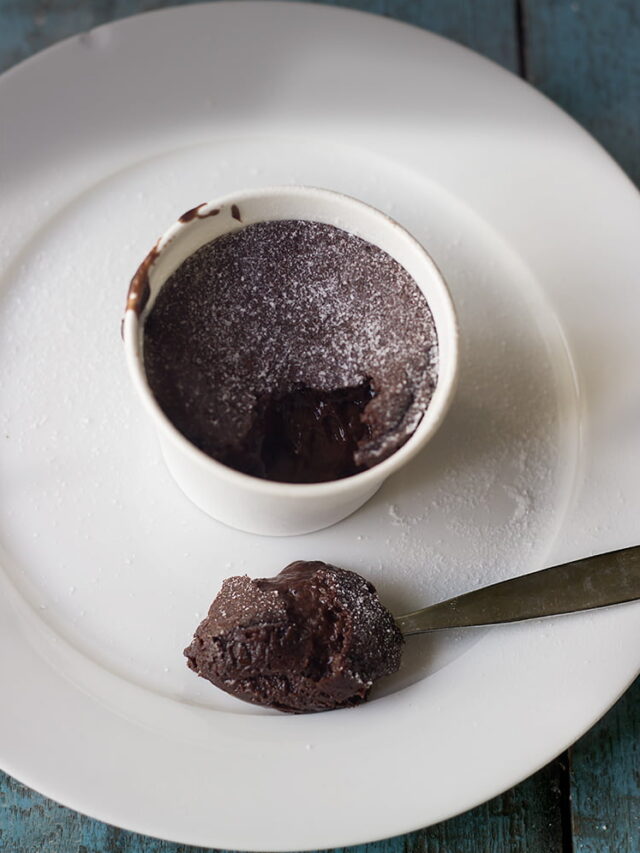Rosemary, the name itself brings a strong, earthy fragrance to my mind. It is a woody herb with needle-like leaves that are typically dark green in color and there are multiple health benefits of rosemary. The leaves grow in pairs along the stems and are about 1-2 inches long. When crushed, the leaves release a fragrant oil. Rosemary is often grown in herb gardens or as a decorative plant in landscaping due to its attractive foliage and scent.
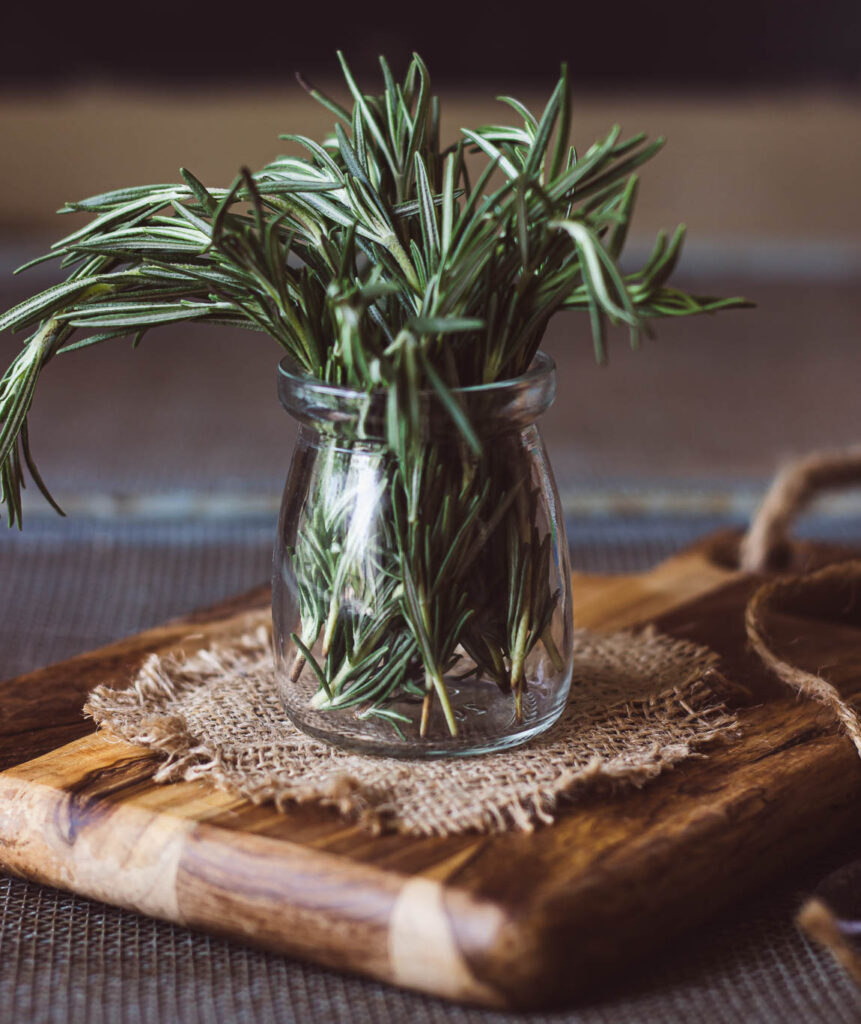
What is Rosemary?
Rosemary is a fragrant herb commonly used in cooking and traditional medicine. It is native to the Mediterranean region and is often used to flavor meat dishes, sauces, and marinades. In addition to its culinary uses, rosemary has also been used for centuries for its medicinal properties, such as improving memory and reducing inflammation.
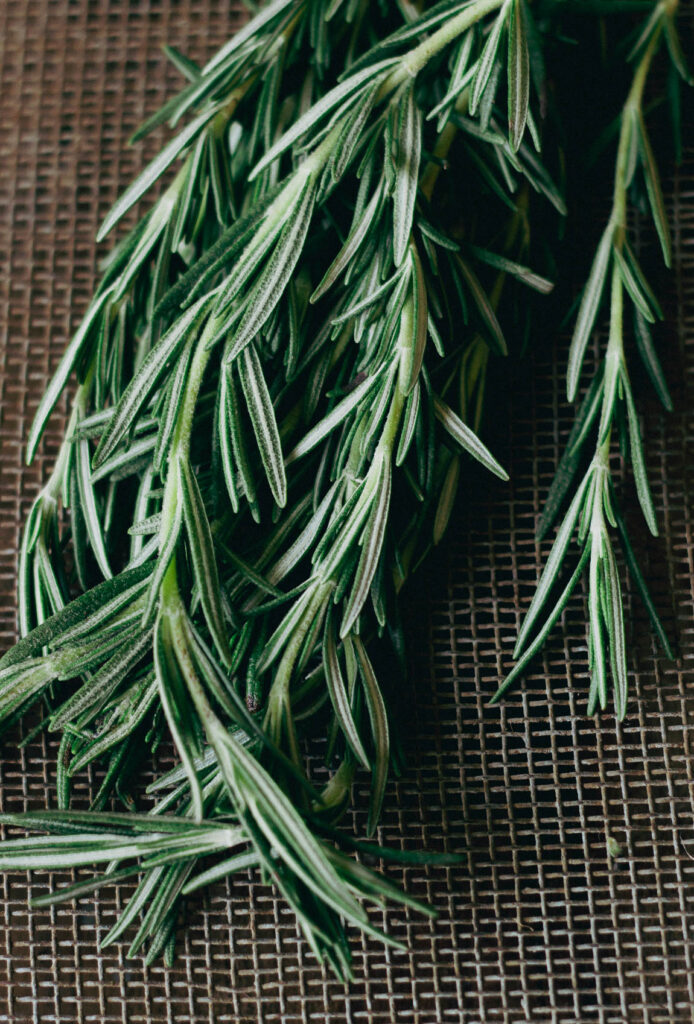
Health Benefits of Rosemary
Some of the potential health benefits of rosemary include improving digestion, reducing anxiety and stress, enhancing memory and concentration, reducing inflammation, and boosting the immune system. However, more research is needed to fully understand the effects of rosemary on human health.

How to use Rosemary?
Rosemary can be consumed fresh, dried, or as an essential oil. It is also available in supplement form. However, pregnant and breastfeeding women should avoid consuming large amounts of rosemary, as it may stimulate menstruation and potentially cause complications.
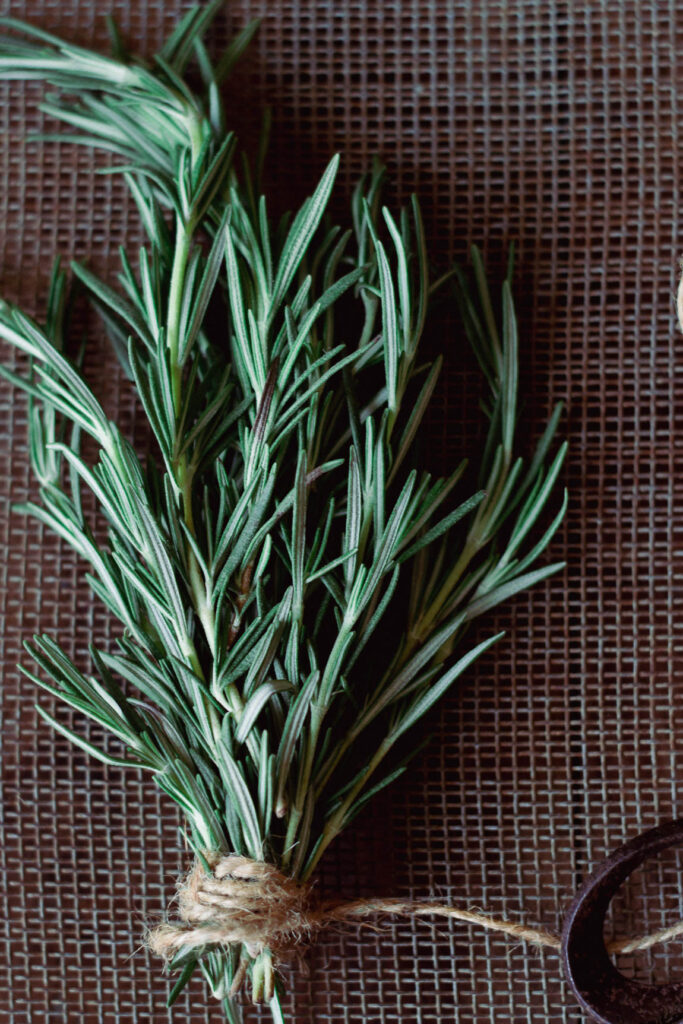
Best season to grow Rosemary
It is well-suited for growing in warm, sunny, and dry climates. It is a hardy plant that can survive in a variety of conditions, but it prefers well-draining soil and lots of sunlight.
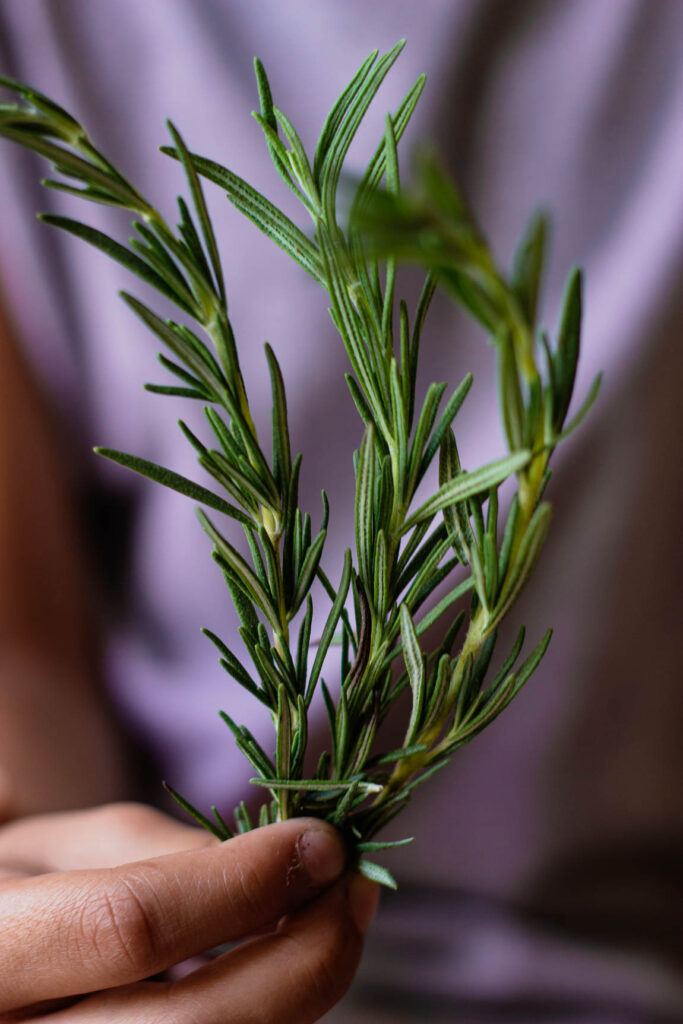
The best season for growing rosemary depends on the climate and location. In general, rosemary grows best in the spring and summer months when temperatures are warm and there is plenty of sunshine.

What is the shelf life of Rosemary?
The shelf life of rosemary can vary depending on how it is stored and whether it is fresh or dried.
Fresh rosemary typically lasts for about 1-2 weeks when stored in a plastic bag in the refrigerator. It is best to use fresh rosemary as soon as possible to ensure the best flavor and aroma.

Dried rosemary can last for up to 6 months to 1 year when stored in an airtight container in a cool, dark, and dry place. It is important to keep dried rosemary away from heat and moisture, which can cause it to lose its flavor and potency over time.

Rosemary essential oil has a longer shelf life than fresh or dried rosemary and can last for several years when stored in a cool, dark, and dry place.
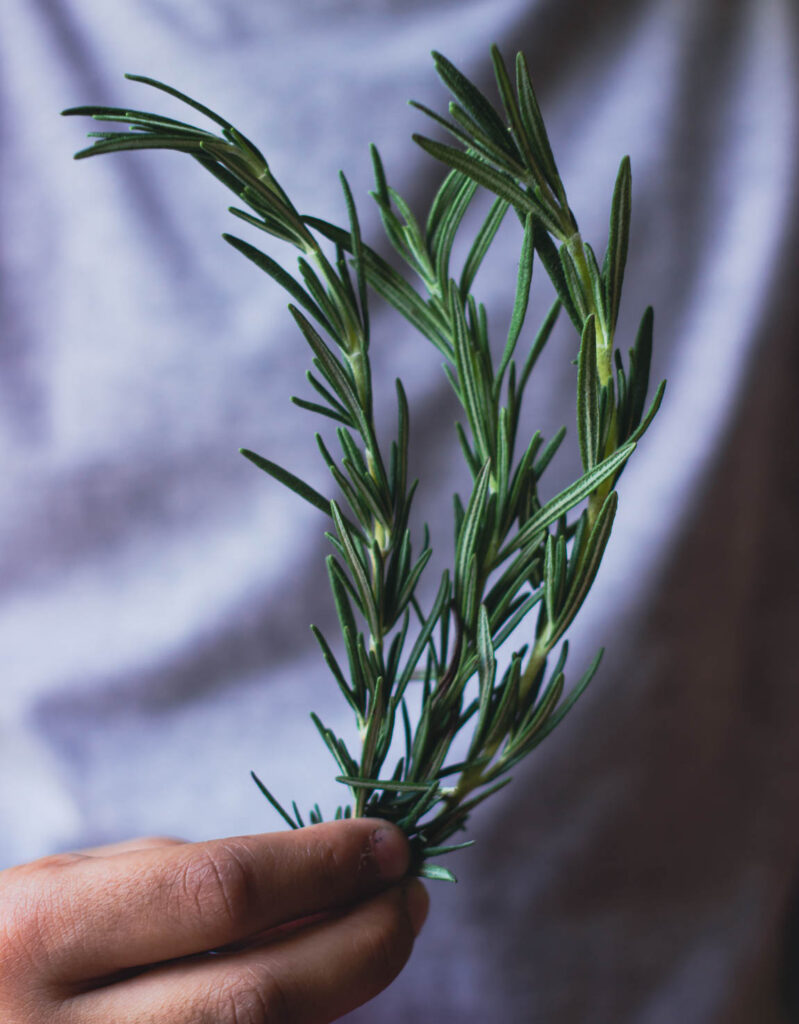
To ensure the longest shelf life for rosemary, it is important to store it properly and check it periodically for freshness. If the aroma or flavor has diminished, it may be time to replace the rosemary.
You can also check out the other photo stories here.


